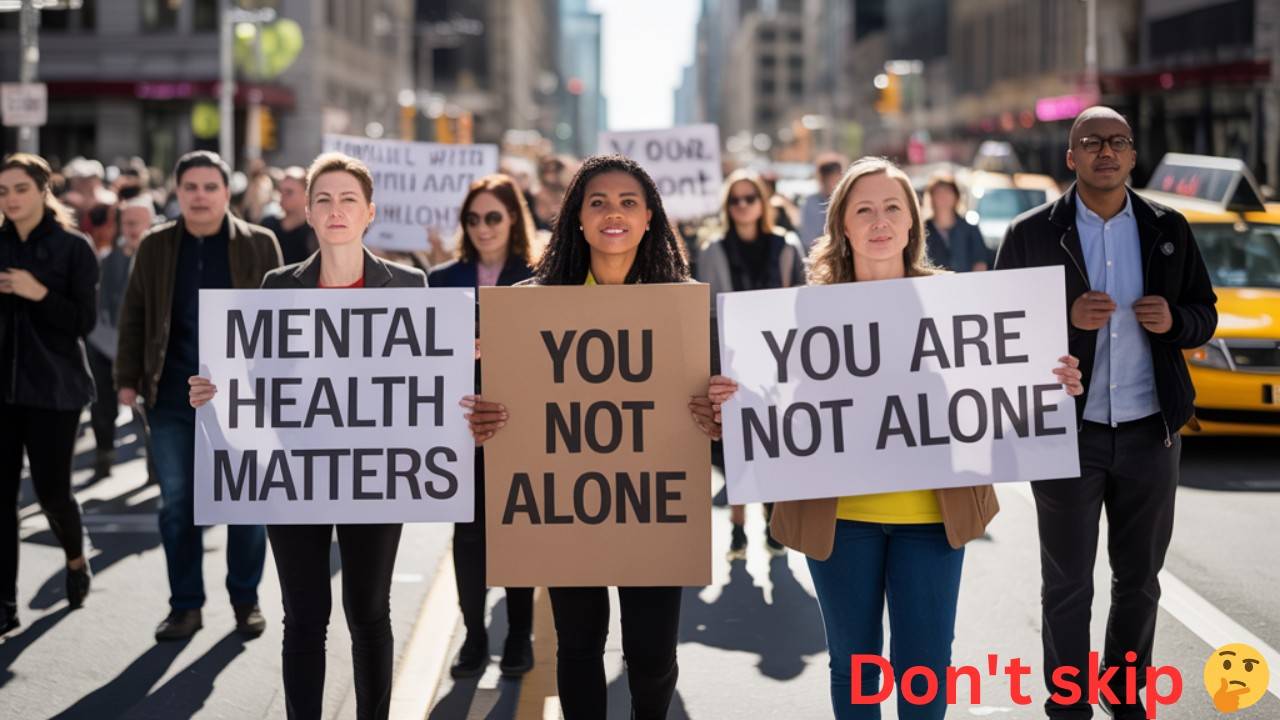Mental Health Services Protest:
Across many countries, protests highlighting the gaps in mental health services have been gaining momentum. These demonstrations are not just about raising voices—they are about demanding fair access to treatment, affordable therapy, and the recognition that mental health deserves the same attention as physical health.
Why People Are Protesting for Mental Health Services
The demand for mental health support has grown rapidly in recent years, especially after the global pandemic. Anxiety, depression, and stress-related disorders have become common, yet access to affordable care remains a serious issue. Protesters often point out that:
- Waiting lists for counseling and therapy are too long.
- Insurance coverage for mental health is limited or unaffordable.
- Communities in rural areas lack proper facilities and resources.
- Social stigma still prevents many from seeking help.
These are not isolated issues—they reflect a broader system that needs urgent reform.
The Impact of Limited Mental Health Services
When people cannot access professional help, they turn to unsafe alternatives or suffer in silence. According to recent reports from global health organizations, untreated mental health conditions can lead to substance abuse, poor productivity, family conflicts, and even rising suicide rates. This is exactly why so many mental health services protests are happening worldwide.
Examples of Recent Protests
- In some regions, students have marched to demand free on-campus counseling.
- Healthcare workers have joined demonstrations, stressing the lack of government funding.
- Families affected by mental illness have organized peaceful rallies to highlight personal struggles.
Each of these movements shows that the issue is not about a single community but a global crisis.
What Needs to Change
Protesters are not asking for luxury—they are demanding basic human rights. Governments and institutions must:
- Increase funding for public mental health programs.
- Provide free or affordable therapy sessions for low-income families.
- Expand services in rural and underserved areas.
- Launch awareness campaigns to reduce stigma.
By listening to the voices in these protests, policymakers can create a society where mental health support is a priority, not an afterthought.
How Individuals Can Support the Cause
Even if you are not directly part of a protest, you can still help by:
- Sharing verified resources about mental health.
- Supporting non-profit organizations working in this field.
- Encouraging open conversations within your community.
- Signing petitions that demand stronger mental health policies.
